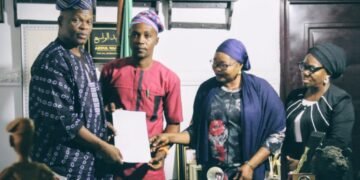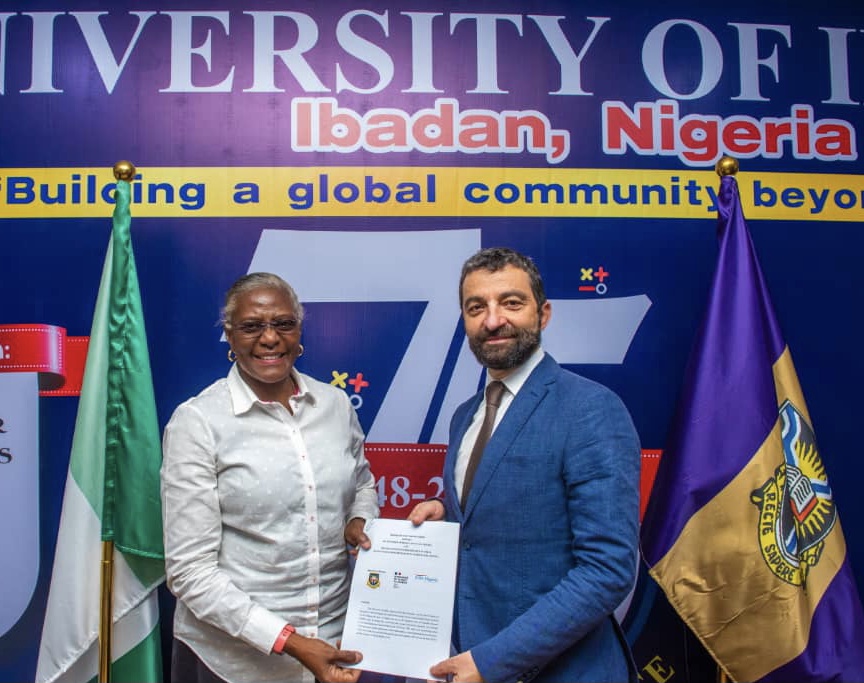•As UNICEF, British High Commission call for people’s safety in conflict zones
The Director, Conflict Research Network, West Africa (CORN), Dr Tarila Marclint Ebiede, has advised President Bola Tinubu not to allow social protection policy under his watch to be hijacked by politics.
He said that the operation of social protection policy in the country seems to be at the risk of such political hijack, thereby denying the vulnerable the inherent benefit in the intervention.
This was just as Professor Remi Aiyede, a political scientist at the University Ibadan who doubles as the Research and Policy Uptake Lead, Partnership for African Social and Governance Research (PASGR), Nairobi, Kenya, warned that “palliatives must not be distributed as patronage to party members, they should be properly targeted to the poorest of the poor.”
Speaking with newsmen on Sunday, November 12, 2023, on the maiden conference organised by CORN, themed: “Social Protection and Economic Uncertainties in Fragile and Conflict-Affected Societies,” held in Abuja, the Federal Capital Territory, Dr Ebiede called for more research on social protection in Nigeria to ensure transparent and impactful use of its funding.

The CORN director said that the findings of the research presented in the conference indicated that though the idea of social protection is good, there is a need to address the root causes of vulnerability.
According to Dr Ebiede, “efficient social protection system should be transparent with the social register. It is also important for the government to know that social protection alone does not address poverty.
“The government must implement economic programmes that will address poverty in a sustainable way. The government should intensify efforts to improve the economic conditions of the people rather than concentrating on social protection.”
In his keynote entitled: “Social protection is times of crisis,” Professor Aiyede stated that it is insensitive and provocative for government officials to be involved in conspicuous spending that reinforces self-aggrandisement in the face of belt tightening and hunger by majority of citizens.
Aiyede, who is professor of Professor of Political Institutions, Governance and Public Policy, stated: “It must be emphasised that the recent focus of social protection on cash transfers is inadequate to achieve the required transformation of social conditions that the developmental state is expected to bring about.
“Cash transfers and other social assistance programmes focus on chronic poverty and often to the neglect of the issues of inequality.
“The goal of social protection under the developmental state is to achieve shared prosperity by building an inclusive society.
“Social protection should encompass pillars of social services, social assistance, social insurance; and social promotion.”
Also speaking, the Development Director of the British High Commission, Chris Pycroft, said that “social protection systems that support a range of human development outcomes that are carefully targeted to support those most in need, and operate at scale to prevent individuals and communities from falling behind are highly effective at mitigating the unprecedented risks.”
During the conference, UNICEF Country Representative in Nigeria, Cristine Munduate, admonished that “we must address the pressing issue of economic uncertainty in fragile and conflict affected societies and support the government to define social protection measures relevant to the needs of the citizens, the financial hardships faced by families in such regions exacerbate the already daunting challenges.”
At the conference, a community of practice made up of scholars and NGO practitioners to sustain research on social protection in Nigeria and co-chaired by Dr. Saheed Owonikoko of Adama Modibo University and Mr. Victor Ogharanduku of Save the Children was inaugurated.


























